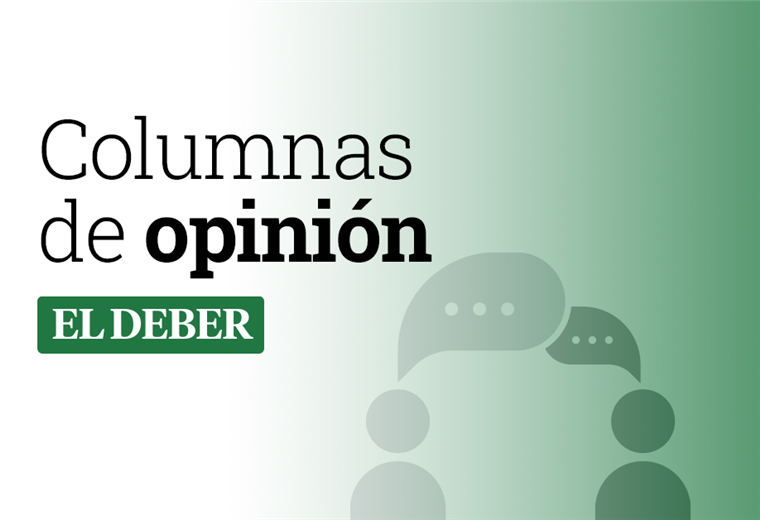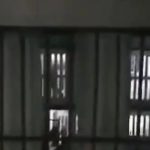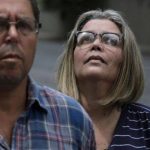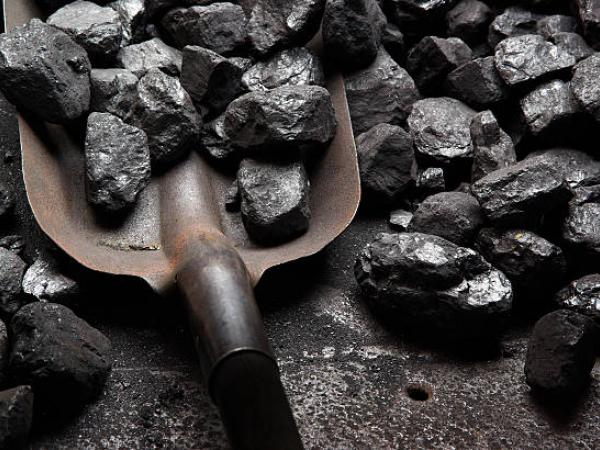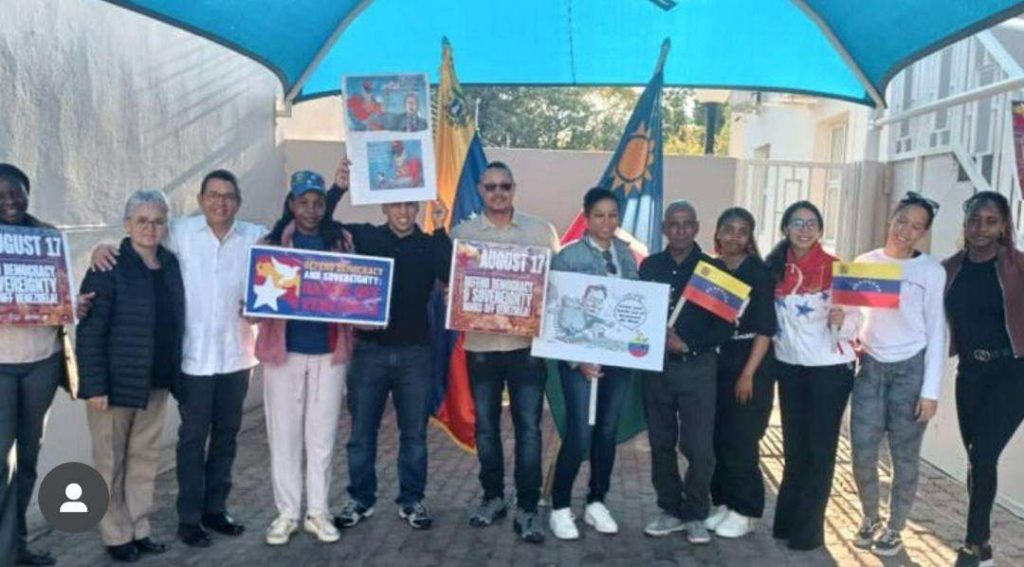August 19, 2024, 4:15 AM
August 19, 2024, 4:15 AM
On August 29, 1985, Víctor Paz Estenssoro issued the historic and controversial Supreme Decree 21060, which changed the existing economic model, halted hyperinflation, and put public finances in order. The critical economic and financial situation in the country required the adoption of new economic policy solutions to address the problems at the very roots of the crisis, which had taken on the characteristics of a true national collapse and generated a widespread loss of confidence.
The former president diagnosed that hyperinflationary factors, combined with a deep economic recession, had dangerously weakened the productive apparatus and caused a serious economic crisis that particularly punished the great national majorities. The depth of the crisis and the vertiginous loss of purchasing power of wages generated a shortage of essential mass consumption products, unemployment, underemployment and the unusual presence of a growing informal or illegal sector of the economy.
In the former president’s view, it was necessary to apply a realistic and pragmatic New Economic Policy in order to attack the central causes of the crisis within the framework of rational fiscal, monetary, exchange rate and administrative adjustment measures for the state sector. The measures, in addition to their radically anti-inflationary content, defined the foundations for restarting, redefining and directing liberating national development, endowed with profound social content that rescues the moral values of the Bolivian people.
21060 established the regime of mandatory sale to the State of one hundred percent (100%) of the foreign currency from the export of goods and services of the public and private sectors, with the only deduction being the costs of production or treatment incurred in foreign currency. However, the State Bank, commercial banks, exchange houses and natural or legal persons were authorized to carry out foreign currency purchase and sale operations, under their own responsibility. The foreign currency acquired in the official public sale operations of the Central Bank of Bolivia was freely available or used by its purchasers (arts. 4-5).
Another important measure was to establish “a free import regime for goods, with the exception of those affecting public health and/or state security.” In fact, goods and services in general began to be freely exported. It clarified that all industrial, artisanal, mining, agricultural or other products, the cultivation or production of which are legal, could be exported without the need for prior permits or licenses, with the payment of royalties in the cases established by current legislation and the withholdings and deposits established by this decree. Exceptions were made for goods included in the current legal provisions relating to national security, the control of narcotics and dangerous substances, the protection of fauna and flora and the conservation of the artistic heritage and the cultural treasure of the Nation.
Along the same lines, Yacimientos Petrolíferos Fiscales Bolivianos (YPFB) set and adjusted biweekly the sale prices of hydrocarbons in the domestic market of the Republic, based on the equivalent in Bolivian pesos to the average official exchange rate of the previous fortnight of $us. 0.30 (thirty US cents) to the consumer, including taxes per liter of gasoline with an octane rating between 82 and 85. For other gasolines, prices will remain strictly proportional to the octane rating. For other petroleum derivatives, the price proportionality established by YPFB and justified by a technical energy evaluation and by the domestic and industrial uses of the products was maintained.
The measures referred to were radically different from those imposed during the first mandates of Víctor Paz Estenssoro. Although they were unpopular and had a high political and social cost (deep but necessary surgery), the statesman accepted them and at no time did he even think of mentioning the possibility of seeking some kind of consultation or something of the sort. These are some of the measures that the government of Luis Arce must apply and the sooner the better. Essentially, the controversial 21060 is at its sweet spot; it must be applied to stop the current economic collapse and prevent us from reaching the abyss.
